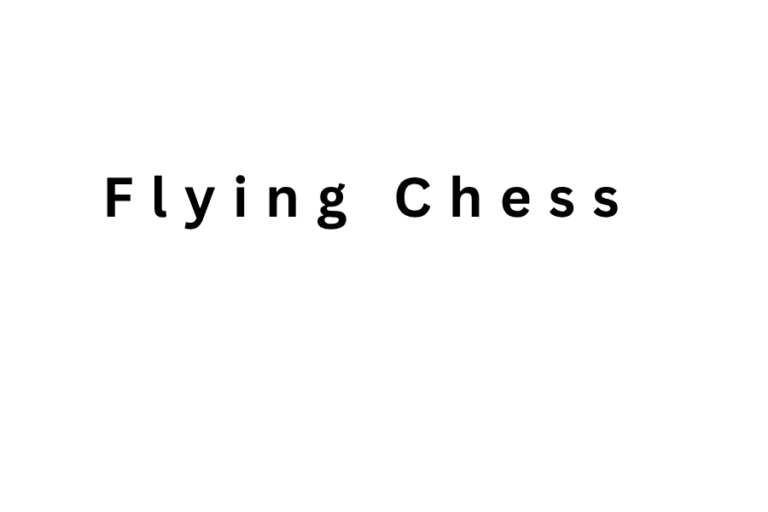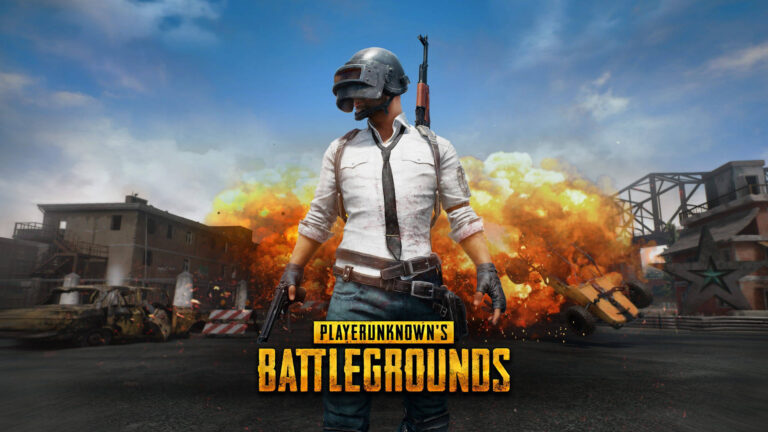Best Strategy Games That Build Logical Thinking in Students
In today’s educational environment, logical thinking is considered one of the most essential skills for students to succeed in academics and everyday life. It helps with problem-solving, decision-making, and critical analysis. One of the most effective and engaging ways to develop this skill is through strategy games. These games require planning, reasoning, and foresight, making them ideal for building logical thinking.
Strategy games can be digital or offline, single-player or multiplayer, and can be integrated easily into both classroom and home learning. They help students think ahead, evaluate options, and deal with consequences in a risk-free environment. This article explores some of the best strategy games that support logical thinking development in students across various age groups.
Why Strategy Games Are Important for Students
Strategy games go beyond simple entertainment. They challenge students to think critically, plan moves carefully, adapt to new information, and reflect on their decisions. Here are some reasons they are effective in education:
- They improve decision-making under pressure
- They develop patience and planning skills
- They teach how to analyze and predict outcomes
- They build resilience when plans fail
- They enhance memory and attention span
By incorporating strategy games into a learning routine, teachers and parents can encourage deeper thinking in a fun and interactive way.
Top Strategy Games for Developing Logical Thinking
- Chess
Chess is the most classic and powerful game for teaching strategic thinking. It requires players to plan several moves ahead, predict opponents’ moves, and develop counter-strategies. Each piece moves differently, so players must understand complex relationships and long-term positioning. Chess also boosts concentration, spatial awareness, and abstract reasoning. It’s suitable for students aged 7 and up.
- Sudoku
Sudoku is a number-placement puzzle that demands logic and pattern recognition. While it appears simple, completing a Sudoku grid without repeating numbers in rows, columns, or boxes forces players to use deduction. This game sharpens students’ logical and mathematical reasoning and can be played offline with printed sheets or via apps.
- Checkers
Checkers may seem simpler than chess, but it still requires strategy, planning, and patience. Students learn to protect their pieces while looking for opportunities to jump or trap their opponent. It encourages step-by-step thinking and tactical planning, especially in more advanced variations of the game.
- Tower Defense Games (Offline or Digital)
In tower defense games, players must protect a base by placing towers in strategic locations to block enemies. These games involve budgeting resources, choosing the right upgrades, and learning from failure. Popular examples include Plants vs. Zombies and Bloons Tower Defense. They improve quick thinking and strategic adjustments.
- Logic Grid Puzzles
Logic puzzles present students with a scenario and a set of clues to deduce who did what, when, and where. These puzzles require deductive reasoning and attention to detail. They are excellent for students who enjoy problem-solving without fast-paced action. Printable logic grid books are great for classroom use.
- Civilization Series (For Older Students)
This computer-based game series allows players to build and manage an empire across centuries. Students must make decisions about diplomacy, technology, war, and economy. The game requires long-term thinking and the ability to balance multiple systems. Though designed for teens and adults, Civilization is an educational tool for high school students when used responsibly.
- Mastermind
This board game involves one player setting a secret code and the other trying to guess it with limited information. After each guess, feedback is given, allowing the player to refine their logic. It’s a simple yet powerful game for practicing deduction and hypothesis testing.
- Rush Hour Traffic Jam Puzzle
This physical puzzle game challenges students to free a car blocked in a traffic jam by sliding vehicles in a specific sequence. It strengthens spatial reasoning and logical planning. There are multiple difficulty levels, making it suitable for younger and older students alike.
- Tic Tac Toe and Its Variations
While basic Tic Tac Toe is often solved quickly, adding variations like a larger grid or multiple levels (3D Tic Tac Toe) increases complexity. These games are great for teaching younger students about prediction and forward-thinking strategies.
- Board Game: Risk
Risk is a strategy game that involves conquering territories and forming alliances. It requires players to consider multiple outcomes, manage resources, and make smart decisions under pressure. Risk can teach students the value of both offense and defense, negotiation, and probability.
Offline Strategy Games Without Screens
While digital strategy games are popular, traditional offline games provide the same benefits with less screen time. Here are a few low-tech strategy games for classrooms or homes:
- Mancala: Encourages forward planning and resource management
- Card Games like Uno and Solitaire: Teach sequence logic and probability
- Jenga Strategy Mode: Add rules that require players to solve a logic challenge before pulling blocks
- Dots and Boxes: A pen-and-paper game that improves foresight and tactical thinking
These games are easy to set up and promote face-to-face interaction, which is also valuable for social skill development.
How to Integrate Strategy Games into Learning
- Use them as brain warm-up activities before class starts
- Assign weekly game-based tasks to reinforce academic concepts
- Set up friendly tournaments to encourage collaboration
- Discuss strategies after the game to reflect on decision-making
- Encourage students to create their own strategy games based on what they learn
By intentionally incorporating strategy games into learning environments, educators can turn logical thinking into a fun and habit-forming experience.
Conclusion
Strategy games are more than just play—they are effective tools for sharpening students’ minds. Whether through traditional games like chess or digital tower defense games, students develop essential logical thinking skills that benefit them across all academic subjects. These games challenge the brain, encourage perseverance, and help students build confidence in their reasoning abilities.
Investing time in strategy games is not just a break from routine but a smart way to train the brain. When used thoughtfully, these games can transform how students think, learn, and solve problems—skills that last a lifetime.






